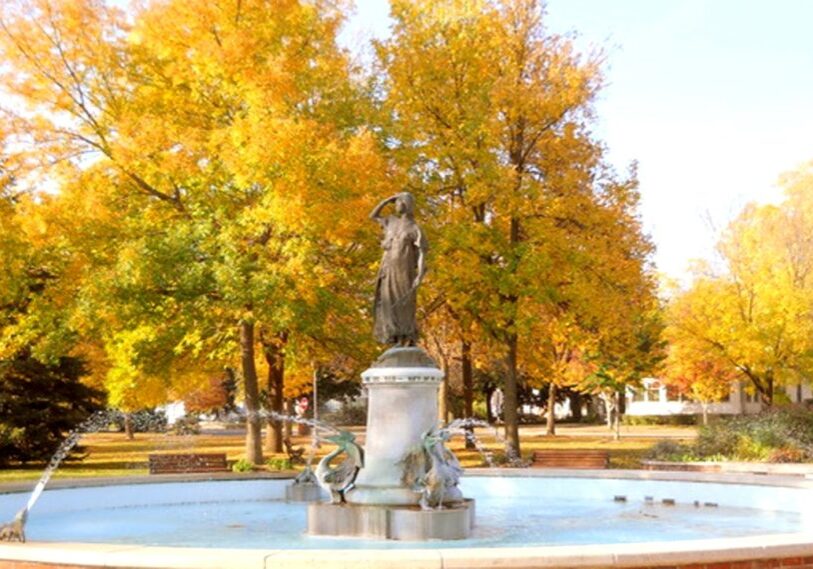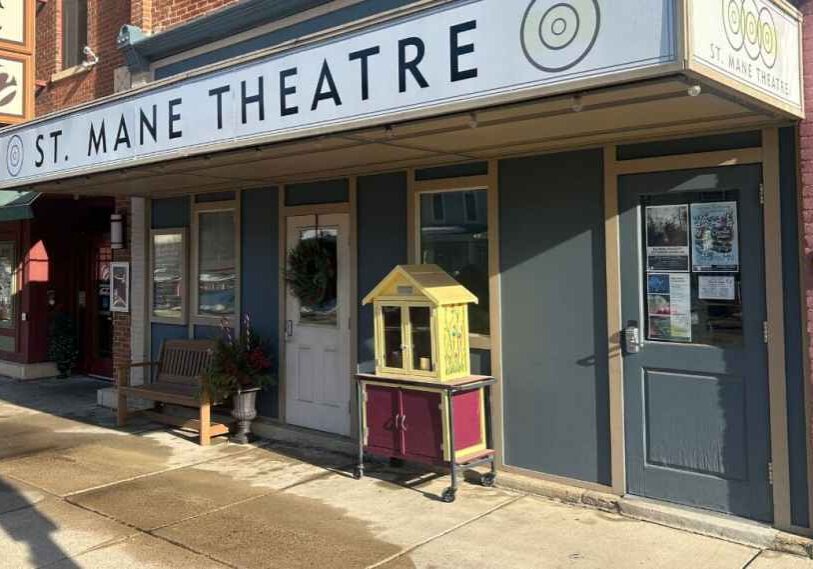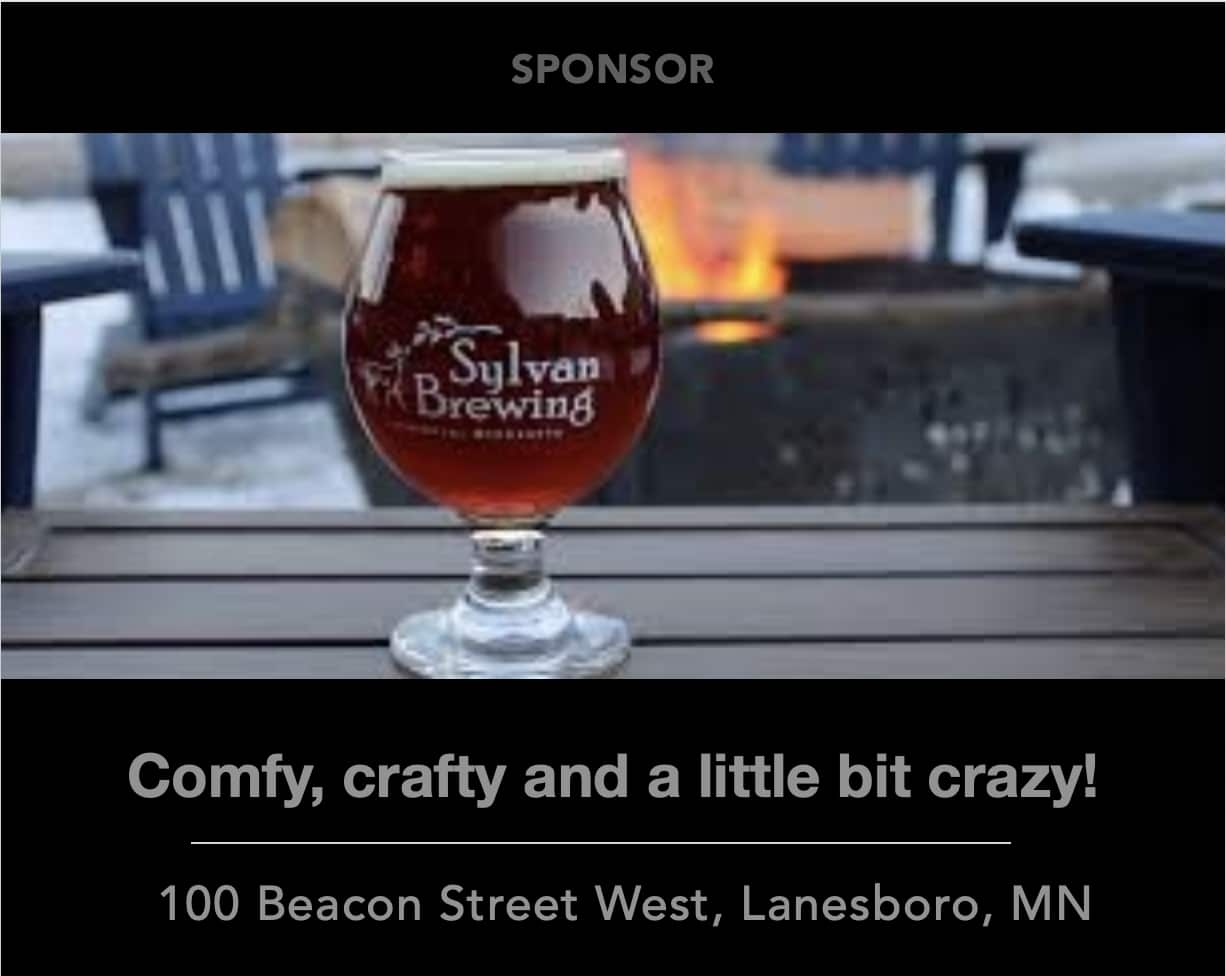Poetry | Finnish-American Heritage Reflected in New Collection
Poet Jim Johnson shares selections from "A Good Sauna Always Burns Down" – original works published by Winona-based Shipwreckt Books

The Back Roads
Out on the back roads
driven by road hunters
and others who want only to know
where these roads go,
out on the end of a long-necked pole
anchored to a post or milk pail
filled with cement,
an occasional mailbox.
Each one
moose jawed to open and close
take in and spit out
the news of the day. A red flag
goes up if something to say.
On each is painted a name
like Heinonen. If you go far enough
you never see anyone.
It is only the balsams that
come out to the road
wanting to know
who drives these roads.
Wasps
Once an old man went to the woodshed and
as he gathered an armload of sauna wood,
spotted a wasps’ nest on the eave of the roof.
He mumbled a few words I did not understand.
Although I was young enough not to be paying
full attention, I did notice the wasps immediately
became timid. After the old man brought the
wood to the sauna, he went back and ripped the
nest into small strips the way you might rip
a newspaper into strips for worm bedding or
out of disgust for the affairs of the world or another
Vikings’ loss. But the wasps were gone. So now
are newspapers. And all that bad news.
True Shaman
Sees things that are present whether wanted
or not. Benumbs snakes, wasps. Traps fox
with spells. Stops blood from flowing. Makes
swelling disappear. Tosses glowing coals out
of a fire with bare hands. Squeezes snow from
a knife blade. The true shaman has seen the wolf
with tears in its eyes. Dogs no longer bark at
the true shaman who has journeyed all the way
to the dead. Would never sell wind to a merchant,
give the rivers to bankers, frack deep into
the unconscious or leave no trees behind.
Sure as there are three flat stones in Sedona,
the true shaman does not need a compass,
its blue needle hovering toward the North.
In Praise Of Lutefisk
In late November he dipped the slabs—whitefish,
sucker, or burbot—
in lye and stockpiled them out back along the shed
like stovewood.
Frozen, snow-covered
each slab he sold he chopped out of its own ice.
That dogs pissed on them didn’t seem to affect
the flavor.
The smell that steamed the windows every Christmas Eve
preserved his life
and ours—salted, canned
like meat, dried like flowers, distilled like night. In coffee cans,
cookie jars, tin boxes
buried out in the orchard. Mattresses stuffed. Bank accounts.
Much less could be said
that he invested wisely in lutefisk.








